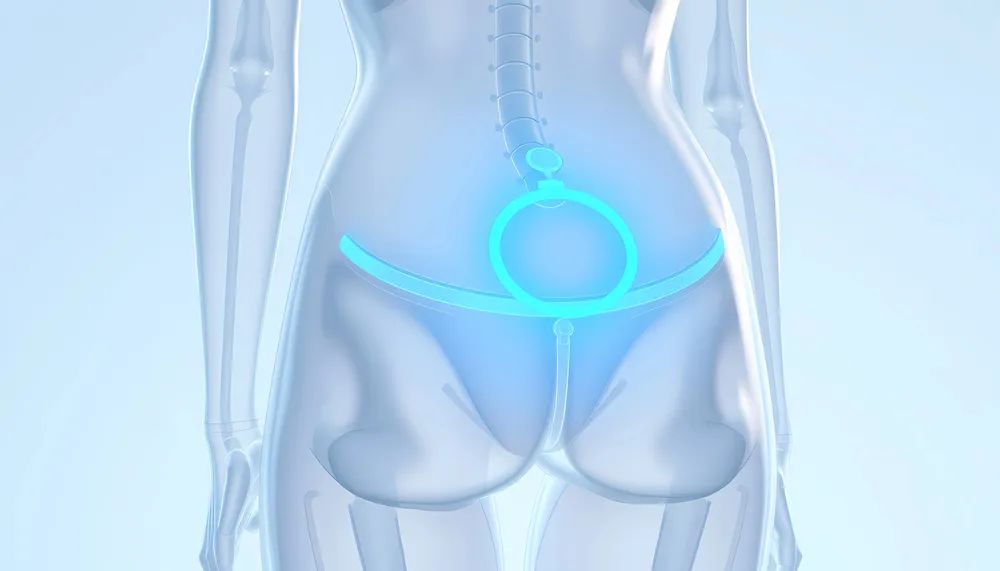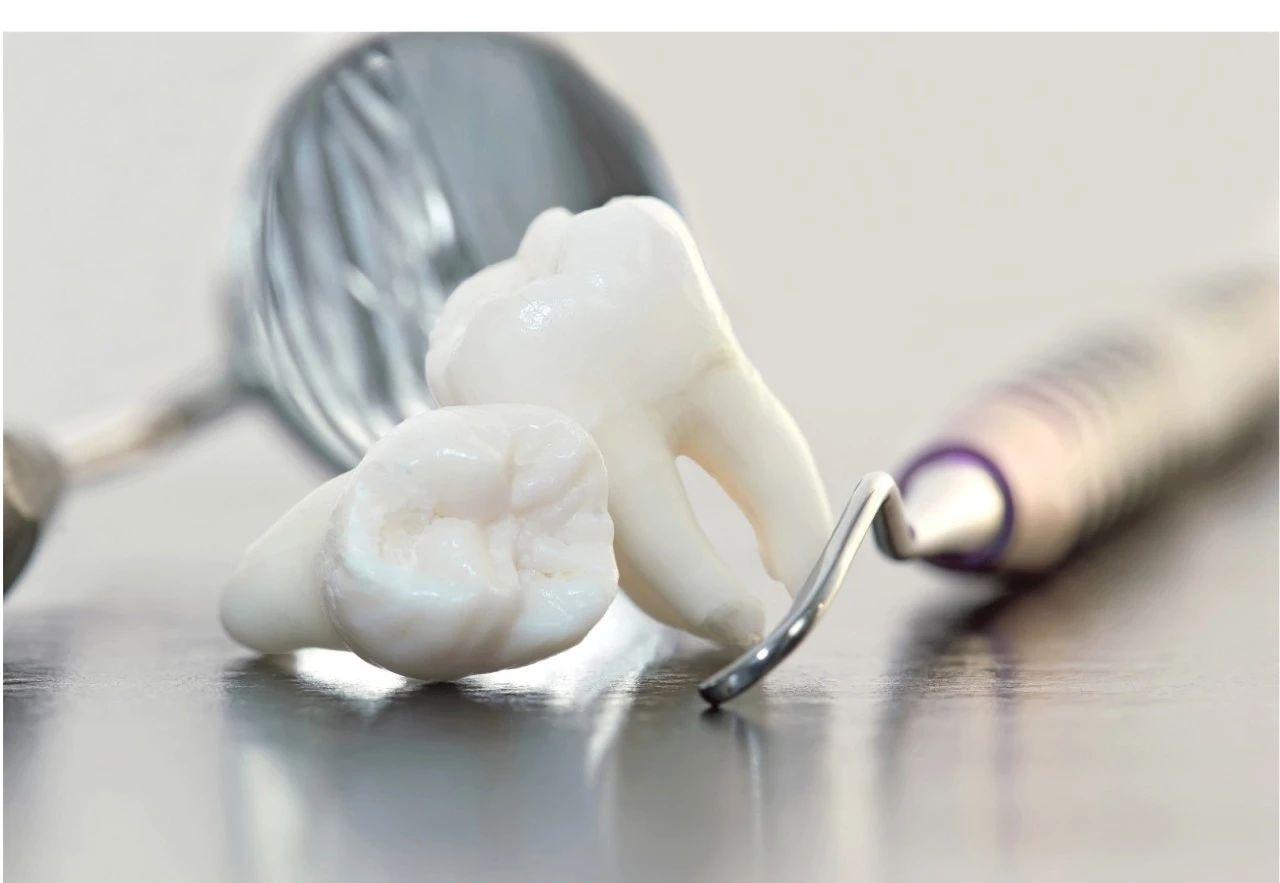The Hidden Causes of Stomach (Gastric) Cancer
2022-10-12
PARKWAY 百汇医疗 Stomach cancer is still the 4th most common cancer worldwide, despite a rapid decline in recent decades. But what causes it? What is stomach cancer? Stomach cancer, also known as gastric cancer, occurs when the cells lining the walls of the stomach become cancerous. A mass, or ulcer, may form within the stomach, causing initial symptoms like heartburn, stomach pain, nausea and loss of appetite. The highest rates of gastric cancer are found in Asia, Eastern Europe and South America. The lifetime risk for gastric cancer in Chinese men is about 1 in 50. Despite advancements in surgery and medical knowledge, most patients in China are still diagnosed with stomach cancer at a late stage, which makes it difficult to treat. What are the signs and symptoms of stomach cancer? In its early stage, stomach cancer usually does not cause any specific symptoms and therefore is not usually detected. When symptoms do occur, they may be vague and are often similar to those caused by other stomach illnesses. The earliest symptoms of stomach cancer include: Indigestion Heartburn Feeling bloated Nausea Loss of appetite However, these symptoms can be caused by several different conditions, so it’s important to speak to your doctor for a proper diagnosis. Advanced symptoms of stomach cancer may include: Stomach pain or swelling Blood in your stool Vomiting Weight loss Trouble swallowing Tiredness What causes stomach cancer? The exact cause of stomach cancer is still unknown. What is known is that stomach cancer begins when a cell in the stomach develops changes in its DNA. As a result, the DNA changes in cells tell the cell to grow quickly and to continue living longer than they are supposed to. The accumulating cells form a tumour that can invade and destroy healthy tissue. Over time, the cells can break off from the tumour and spread (metastasise) to other areas of the body. Some factors that are associated with cancer development are obesity and gastroesophageal reflux diseases (GERD), helicobacter pylori infection, smoking, a high intake of salty and smoked foods, and a family history of stomach cancer. What’s a helicobacter pylori (H. pylori) infection? H. pylori is a type of bacteria that lives in the stomach. In some cases, it can cause inflamed ulcers to the grow in the lining of the stomach and intestines. This makes it more likely for mutated cells to develop and become cancerous. No one really knows where the bacteria originally came from or how it was first introduced to humans, but poor hygiene and contaminated food are likely factors in its spread. Almost 60% of adults carry the bacteria, but most of them won’t even know it. If you do have symptoms, they can include: Ache or burning stomach pain Nausea Loss of appetite Feeling bloated Excessive burping A course of antibiotics can rid your body of the infection. Will treating an H. pylori infection reduce my risk of cancer? Overall population studies do suggest that reducing the number of H. pylori infections can help to reduce the number of cancer cases. In one such study, the incidence of stomach cancer actually decreased by 25%. Therefore, early diagnosis of H. pylori could help to reduce your risk of developing cancer in the future. If you have any of the symptoms of an H. pylori infection, consult your doctor. They can perform a non-invasive test to rule out other possible causes. A gastroscopy (a small camera inserted down your esophagus) can also check for any signs or symptoms of stomach cancer at the same time. How to prevent and reduce your risk of stomach cancer There are several lifestyle changes you can make to reduce your risk of developing stomach cancer. These include: Maintain a healthy weight. If you are overweight or obese, try to aim for a slow and steady pace of losing around 1 kg per week until you reach a healthy weight. Eat more fruits and vegetables. Try to incorporate a wide variety of colorful fruits and vegetables in your daily diet. Avoid salty and smoked foods. Reduce the amount of salty and smoked foods that you eat. Research shows that those who consumed these foods are more likely to develop stomach cancer than those who don’t. Stop smoking. Smoking increases your risk of stomach cancer as well as many other types of cancer. Screening. If you have an increased risk of stomach cancer due to a strong family history of the condition, your doctor may recommend regular screening, such as endoscopy. Talk to your doctor about this to find out more. References Alempijevic, A., Milosavljevic, T. & Sokic-Milutinovic, A. (2015, November 7). Role of Helicobacter pylori Infection in Gastric Carcinogenesis: Current Knowledge and Future Directions. World Journal of Gastroenterology 21(41): 11654-11672. Chen, T.H., Chiu, H.M. & Lee, Y.C., et al. (2013). The Benefit of Mass Eradication of Helicobacter pylori Infection: a Community-Based Study of Gastric Cancer Prevention. Gut 62: 676-682. Dan, Y.Y., So, J.B. & Yeoh, K.G. (2006). Endoscopic Screening for Gastric Cancer. Clinical Gastroenterology and Hepatology 4: 709-716. Fock, K.M, Katelaris, P. & Sugano, K., et al. (2009). Second Asia-Pacific Consensus Guidelines for Helicobacter pylori Infection. Journal of Gastroenterology and Hepatology 24: 1587-1600. González, C.A., Liso, J.M. & Pardo, M.L., et al. (2010). Gastric Cancer Occurrence in Preneoplastic Lesions: a Long-Term Follow-Up in a High-Risk Area in Spain. International Journal of Cancer 127(11):2654-2660. Okamoto, S., Uemura, N. & Yamamoto, S., et al. (2001). Helicobacter pylori Infection and the Development of Gastric Cancer. New England Journal of Medicine 345(11):784-789. Singapore Cancer Registry. Interim Annual Report. Trends in Cancer Incidence in Singapore 2010-2014. Stomach Cancer. (2020, October 08) Retrieved March 11, 2021, from https://www.mayoclinic.org/diseases-conditions/stomach-cancer/symptoms-causes/syc-20352438































